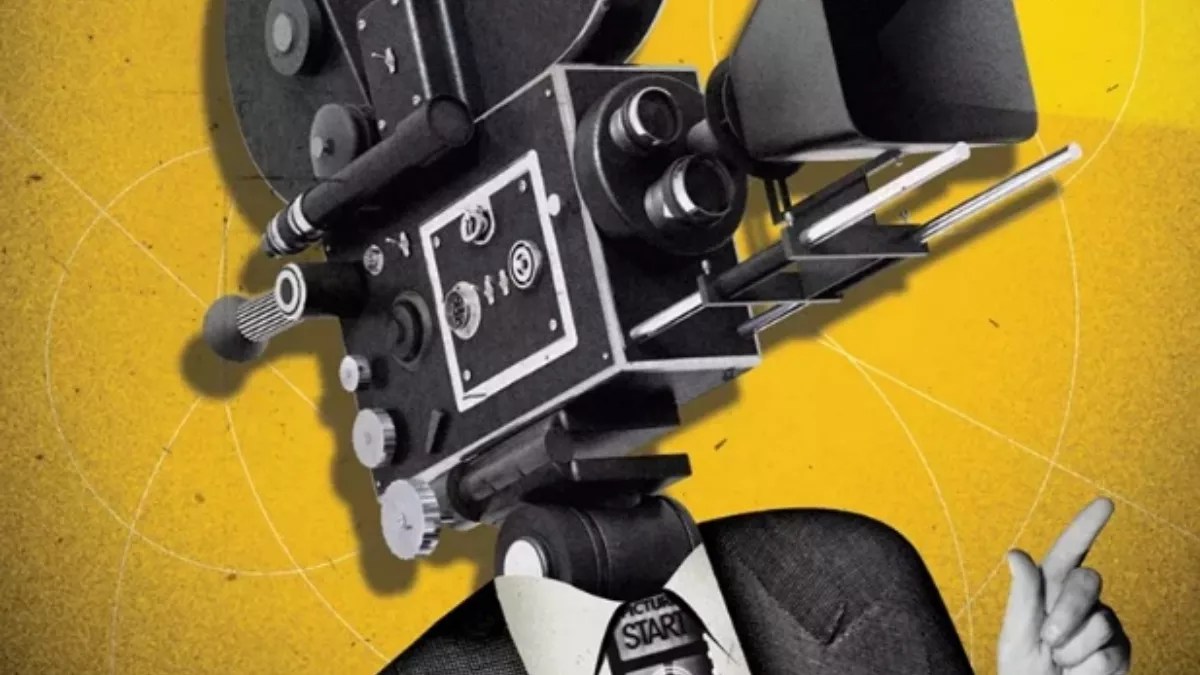
Illustration by Jay Vollmar

Audio By Carbonatix
Denver is taking steps to streamline its permitting procedure for filmmakers and photographers. The plan includes a transition to a new online portal that is expected to speed application approval, as well as updates to sometimes cumbersome protocols in an effort to further smooth out the system.
Additional tax breaks and the like aren’t part of the equation, and that’s a drawback in an industry where production companies typically follow the money. But Silvia Martinez-Palacios, a communications and engagement specialist for Denver’s Office of Special Events, hopes ease and dexterity will help compensate for a shortage of dollars and cents.
“We want to attract talent and support local talent as well,” Martinez-Palacios says. “We want the creative community to know that we’re here for them, and that we’re very film- and event-friendly. And we want to do this while respecting the community and the public spaces we all share.”
Right now, Martinez-Palacios concedes, getting a permit to film or stage a photo shoot in Denver can get complicated. In 2024, Denver received 289 applications to film in public spaces; the city doesn’t get involved in shoots on private property. And one person – Alyse Neubert, the city’s film and event permitting specialist – dealt with all of them.
“Alyse is amazing,” Martinez-Palacios stresses. “But the process consists of a lot of email and phone communications, and that can sometimes cause delays or confusion because there’s sometimes a lag between expectations and what was maybe understood or misunderstood.”
Hence, the forthcoming transition to Eproval, described as “customizable permitting software for local governments and public agencies.” Denver already employs Eproval for special-event applications, and Martinez-Palacios believes that modifying it for use in film and photography permitting will make for “a huge improvement. It will allow for automatic reminders and create a visual for individuals to go in and check to see what stage the application is at. It will also improve transparency and consistency and allow the filmmaker or the photographer to own part of the process, and not have to do so much keeping track of emails and conversations.”
Meanwhile, the Office of Special Events has scheduled a public hearing via Zoom at noon Thursday, August 14, to discuss “Proposed Amended and Restated Rules & Regulations Pertaining to Permitting Film and Video Production Activities in the City & County of Denver.”
“We are mainly focused on simplifying the language,” Martinez-Palacios notes. For example, “we get a lot of applications from individuals who are taking family pictures in a park. Sometimes that’s based on the number of people being photographed instead of what’s actually happening. So we want to make it simpler for individuals like that to not go through an arduous process of making sure they have a permit. But if there’s a crew out there and they’re taking over a park, we need to make sure they’re doing what they need to do, especially if they’re bringing in a lot of equipment. The parks are for everyone to use, and we want to make sure these activities aren’t impeding other people’s ability to enjoy them.”
There’s no firm date for the transition to Eproval; which should be in place when the new rules go into effect.
Granted, Denver isn’t exactly inundated with large-scale, high-profile productions these days. The two most recent examples are an episode of the Peacock series Leguizamo Does America, during which host John Leguizamo “visits Denver to discover how the Latino community is working to reclaim its heritage” (the show’s second season arrived this month) and the Denver-based ninth edition of Love Is Blind, set to hit Netflix on October 1. “Will the road to the altar be smooth for these Rocky Mountain romantics?” the Netflix hype sheet wonders.
The roster of movies lensed in Colorado as a whole is just as paltry. The film-incentive page on the Colorado Office of Film, Television and Media‘s website features the posters of The Hateful Eight, Furious 7 and Cop Car, all of which premiered in 2015, and the Netflix offering Our Souls at Night, from 2017. Moreover, the office’s most recent press release about a film production in the state was issued way back in February, and its focus, The Man Who Changed the World, boasts a budget of just $14.5 million. That’s a little under the $15 million spent on average to make one Game of Thrones episode during the program’s final run in 2019.
It’s not difficult to figure out why studios aren’t flocking to Colorado.
In 2024, Governor Jared Polis signed a bill allowing producers to receive up to $5 million in refundable tax credits per annum for the next half-decade – and the legislation also upped the cap on incentives from 20 percent of local spending to 22 percent. In all, the package authorized production tax credits up to $50 million through 2029.
However, these amounts are dwarfed by the moola offered to film companies by many other states. Neighboring New Mexico currently has an annual tax-incentives spending cap of $120 million, or 24 times larger than Colorado’s, and Georgia eschews a cap entirely. In 2022, Georgia’s tax credits grew to $1.3 billion, or around triple the $420 million caps in New York and California that year.
Denver can’t compete with such largesse, but it does offer producers some modest cost savings. “A big selling point for the City and County of Denver is that we don’t charge for a film permit,” Martinez-Palacios points out. “Some other cities charge thousands of dollars for that, but we have a fee of zero, which is an incentive we provide to attract film producers to our area.” The department also prides itself on helping to coordinate with other city agencies, including the Department of Transportation & Infrastructure, Parks & Recreation and the Denver Police Department, to ensure that no unexpected roadblocks are encountered.
In Martinez-Palacios’s words, “We make what is possible happen.”
And they’d like to do it more often.